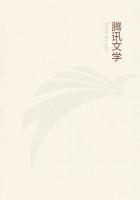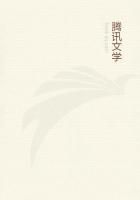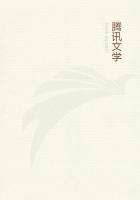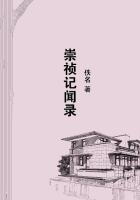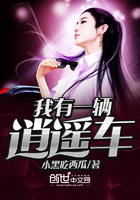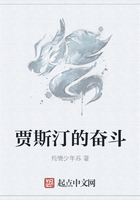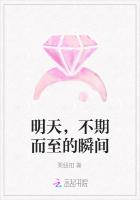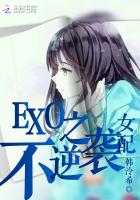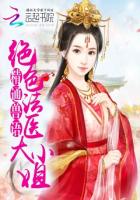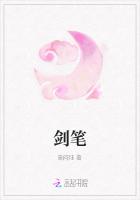The immediate result of the journey was his first book, instinct with the freshness and wildness of the mountains and the prairies, and called by him "The Oregon Trail." Unfortunately, the book was not the only outcome. The illness incurred during his journey from fatigue and exposure was followed by other disorders. The light of the sun became insupportable, and his nervous vous system was entirely deranged. His sight was now so impaired that he was almost blind, and could neither read nor write. It was a terrible prospect for a brilliant and ambitious man, but Parkman faced it unflinchingly. He devised a frame by which he could write with closed eyes, and books and manuscripts were read to him. In this way he began the history of "The Conspiracy of Pontiac," and for the first half-year the rate of composition covered about six lines a day. His courage was rewarded by an improvement in his health, and a little more quiet in nerves and brain. In two and a half years he managed to complete the book. He then entered upon his great subject of "France in the New World." The material was mostly in manuscript, and had to be examined, gathered, and selected in Europe and in Canada. He could not read, he could write only a very little and that with difficulty, and yet he pressed on. He slowly collected his material and digested and arranged it, using the eyes of others to do that which he could not do himself, and always on the verge of a complete breakdown of mind and body. In 1851 he had an effusion of water on the left knee, which stopped his outdoor exercise, on which he had always largely depended. All the irritability of the system then centered in the head, resulting in intense pain and in a restless and devouring activity of thought. He himself says: "The whirl, the confusion, and strange, undefined tortures attending this condition are only to be conceived by one who has felt them." The resources of surgery and medicine were exhausted in vain. The trouble in the head and eyes constantly recurred. In 1858 there came a period when for four years he was incapable of the slightest mental application, and the attacks varied in duration from four hours to as many months. When the pressure was lightened a little he went back to his work. When work was impossible, he turned to horticulture, grew roses, and wrote a book about the cultivation of those flowers which is a standard authority.
As he grew older the attacks moderated, although they never departed. Sleeplessness pursued him always, the slightest excitement would deprive him of the power of exertion, his sight was always sensitive, and at times he was bordering on blindness.
In this hard-pressed way he fought the battle of life. He says himself that his books took four times as long to prepare and write as if he had been strong and able to use his faculties.
That this should have been the case is little wonder, for those books came into being with failing sight and shattered nerves, with sleeplessness and pain, and the menace of insanity ever hanging over the brave man who, nevertheless, carried them through to an end.
Yet the result of those fifty years, even in amount, is a noble one, and would have been great achievement for a man who had never known a sick day. In quality, and subject, and method of narration, they leave little to be desired. There, in Parkman's volumes, is told vividly, strongly, and truthfully, the history of the great struggle between France and England for the mastery of the North American continent, one of the most important events of modern times. This is not the place to give any critical estimate of Mr. Parkman's work. It is enough to say that it stands in the front rank. It is a great contribution to history, and a still greater gift to the literature of this country. All Americans certainly should read the volumes in which Parkman has told that wonderful story of hardship and adventure, of fighting and of statesmanship, which gave this great continent to the English race and the English speech. But better than the literature or the history is the heroic spirit of the man, which triumphed over pain and all other physical obstacles, and brought a work of such value to his country and his time into existence.
There is a great lesson as well as a lofty example in such a career, and in the service which such a man rendered by his life and work to literature and to his country. On the tomb of the conqueror of Quebec it is written: "Here lies Wolfe victorious."The same epitaph might with entire justice be carved above the grave of Wolfe's historian.

